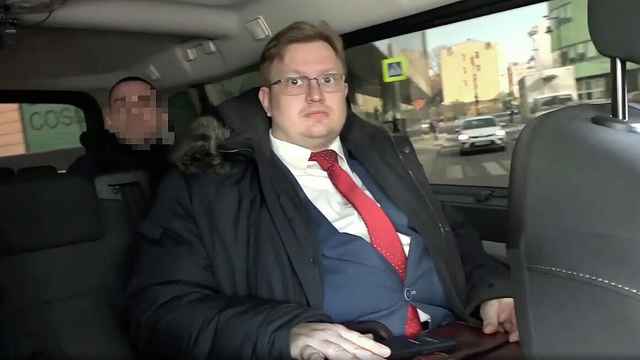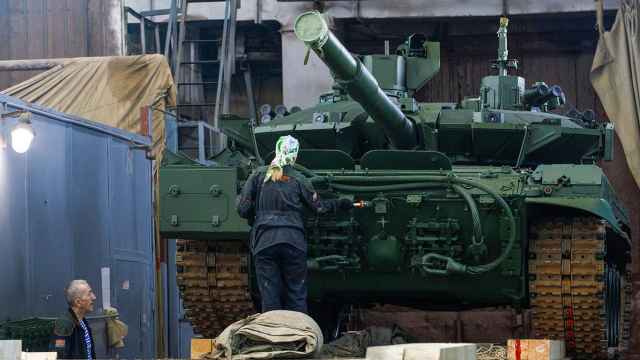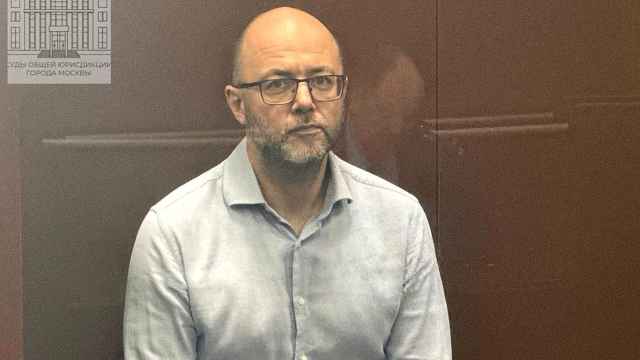President Vladimir Putin on Wednesday appointed Deputy Foreign Minister Alexander Grushko as Russia's new envoy to NATO.
The Kremlin announced Grushko's appointment to Brussels and the decision to release him from his post at the Foreign Ministry in a two-sentence statement on its website.
The appointment of Grushko, the first career diplomat to hold the post, was not unexpected after Kommersant, citing unidentified sources, reported in April that he had been tapped to replace the sharp-tongued Dmitry Rogozin, who moved back to Moscow in December to become a deputy prime minister.
A senior State Duma deputy praised Grushko, 57, but said he faced a challenge dealing with U.S.-led plans for NATO to install a missile defense system in Europe.
"Clearly, the problem of the deployment of U.S. missile defense in Eastern Europe will be the central focus of NATO and Russia, even though the main decision on this issue will not be made in Brussels as much as in Washington," said Vyacheslav Nikonov, first deputy head of the Duma's International Affairs Committee and lawmaker with United Russia.
"This is more about relations between Russia and the United States than Russia and NATO," he said, according to Interfax.
The Kremlin adamantly opposes the missile defense project, which is meant to defend Europe from a possible Iranian nuclear attack, as a possible threat.
Nikonov described Grushko as "an extremely experienced professional who is highly respected in the expert, diplomatic and political community."
Grushko has worked in the Foreign Ministry since 1977 and has served as deputy foreign minister since 2005. He headed Russia's delegation on military security and arms control in Vienna from 1996 to 2000.
Related articles:
A Message from The Moscow Times:
Dear readers,
We are facing unprecedented challenges. Russia's Prosecutor General's Office has designated The Moscow Times as an "undesirable" organization, criminalizing our work and putting our staff at risk of prosecution. This follows our earlier unjust labeling as a "foreign agent."
These actions are direct attempts to silence independent journalism in Russia. The authorities claim our work "discredits the decisions of the Russian leadership." We see things differently: we strive to provide accurate, unbiased reporting on Russia.
We, the journalists of The Moscow Times, refuse to be silenced. But to continue our work, we need your help.
Your support, no matter how small, makes a world of difference. If you can, please support us monthly starting from just $2. It's quick to set up, and every contribution makes a significant impact.
By supporting The Moscow Times, you're defending open, independent journalism in the face of repression. Thank you for standing with us.
Remind me later.





